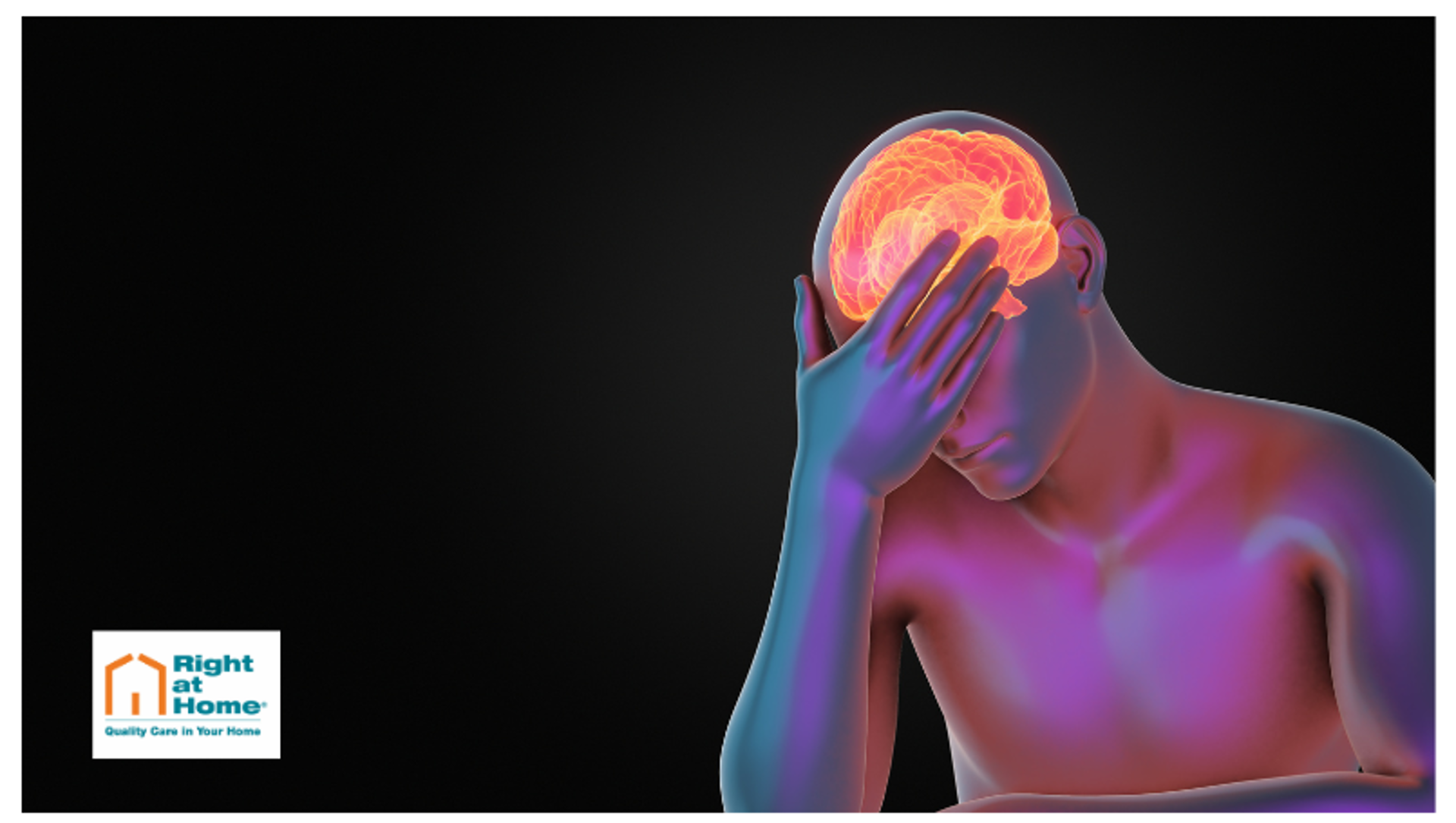
Home Care for those Living with Dementia with Lewy Bodies
Between 5% and 25% of diagnosed dementias in older adults are due to one of the Lewy body dementias.
Published: 17/10/2024

Dementia with Lewy bodies (DLB) is a form of dementia sharing symptoms with both Alzheimer's disease and Parkinson's disease which can make it make it difficult to diagnose. Symptoms tend to come on gradually and get slowly worse over several years, although treatment can help.
As with other types of dementia, DLB causes cognitive impairment, adversely affecting our understanding, judgement and memory (but significant memory loss may not occur until later on). These symptoms typically tend to come and go.
Other symptoms more common for those living with DLB include recurrent, well-formed hallucinations (some pleasant some distressing), REM sleep behaviour disorder that involves acting out dreams, uncontrollable shaking or rigidity, impaired movement and balance, trouble interpreting visual information (patients are seen to be staring). Patients also endure malfunctions of the “automatic” functions of the body, such as sweating, blood pressure, heart rate, digestion and sexual response.
Caring for a loved one living with DLB requires compassion, patience and an understanding of the condition's complexities. Keeping a regular routine and familiar surroundings can help reduce confusion and anxiety. Measures should be taken to reduce the risk of falls such as checking the home is well-lit with clear pathways to minimize visual hallucinations and potential hazards. As regards communication simple language is best, maintaining eye contact, and providing reassurance.
Medication management can be challenging for those living with DLB due to the sensitivity to certain drugs, especially antipsychotics, which can actually make symptoms worse. We need to work closely with the GP and pharmacist, monitoring side effects, where possible opting for medication that minimises cognitive decline and hallucinations.
DLB is a complex condition and caring for the person can be challenging at times. Healthcare professionals need to work as a team to provide guidance to carer on the best symptom management, and recommendations as to community support groups or respite care.
Finally, advance care planning is recommended in conjunction with the family, to ensure the wishes of their loved one with DLB are respected. This includes discussing preferences for medical care, end-of-life decisions, and legal arrangements such as power of attorney.
With a supportive environment, good communication, and careful medication management effective care can significantly improve the quality of life for those living with DLB. As medical research progresses, improved treatment and better care strategies offer hope for better outcomes in managing this challenging condition.
The American actor and comedian, Robin Williams died in 2014 was diagnosed as a DLB sufferer. Between 5% and 25% of diagnosed dementias in older adults are due to one of the Lewy body dementias. Life expectancy of people with LBD is reduced; following diagnosis it ranges on average from five to eight years.
